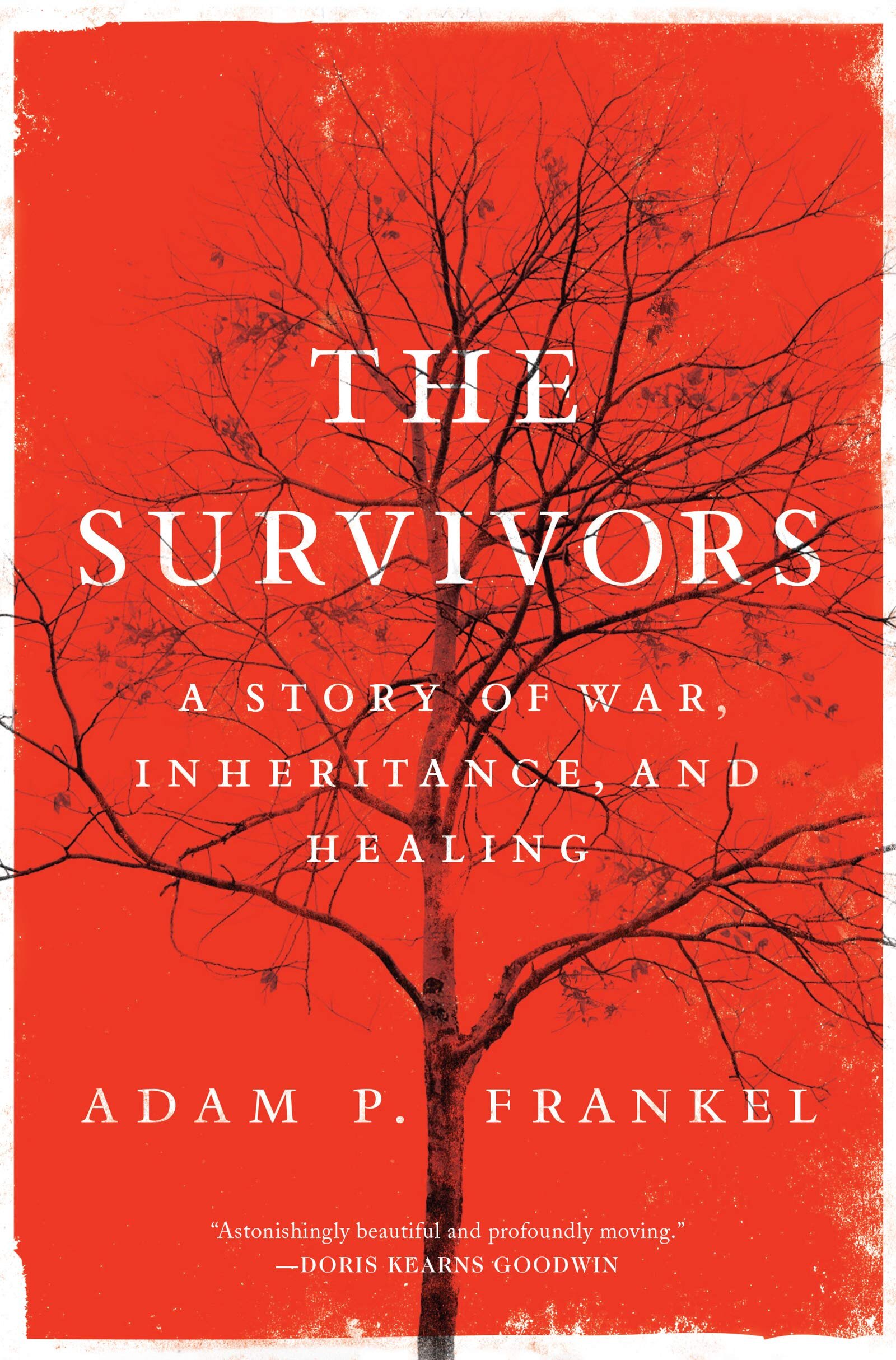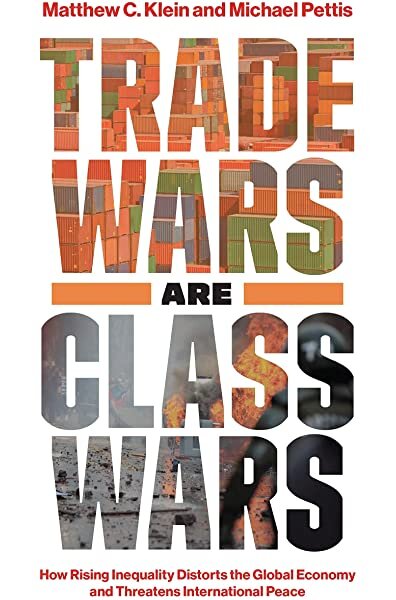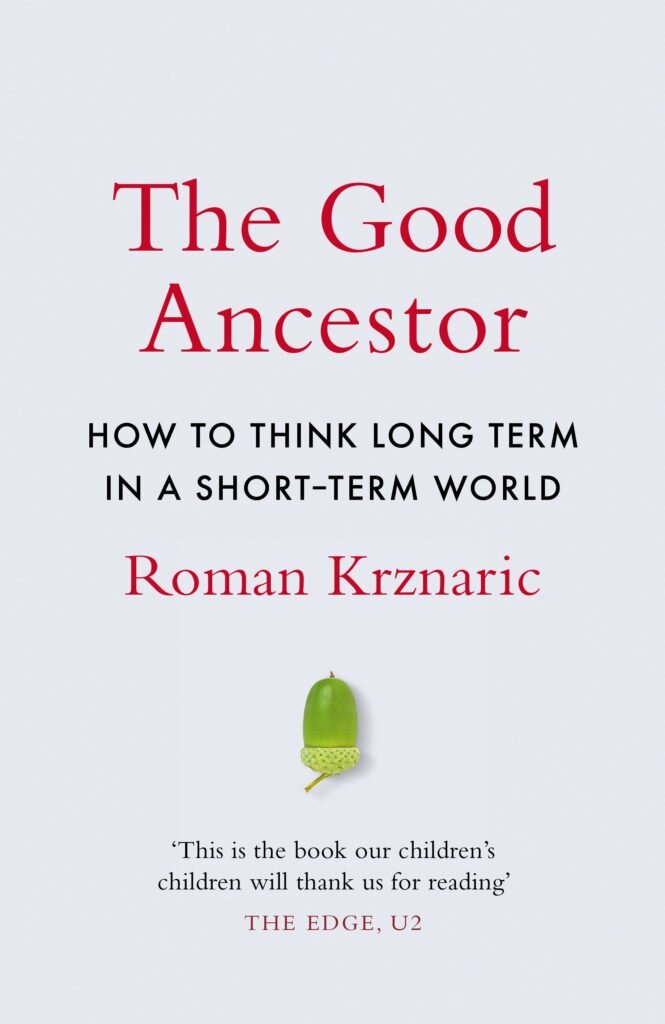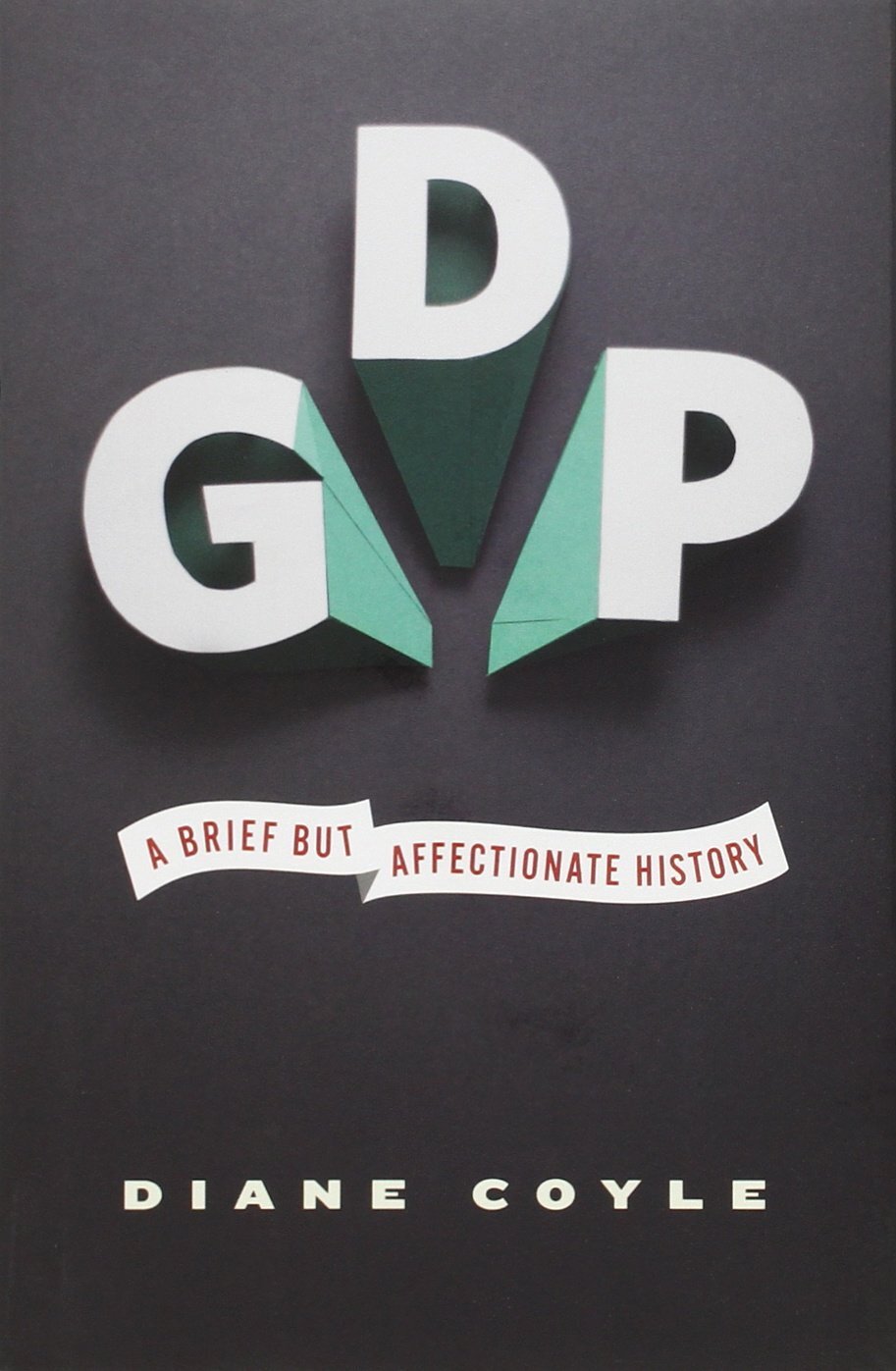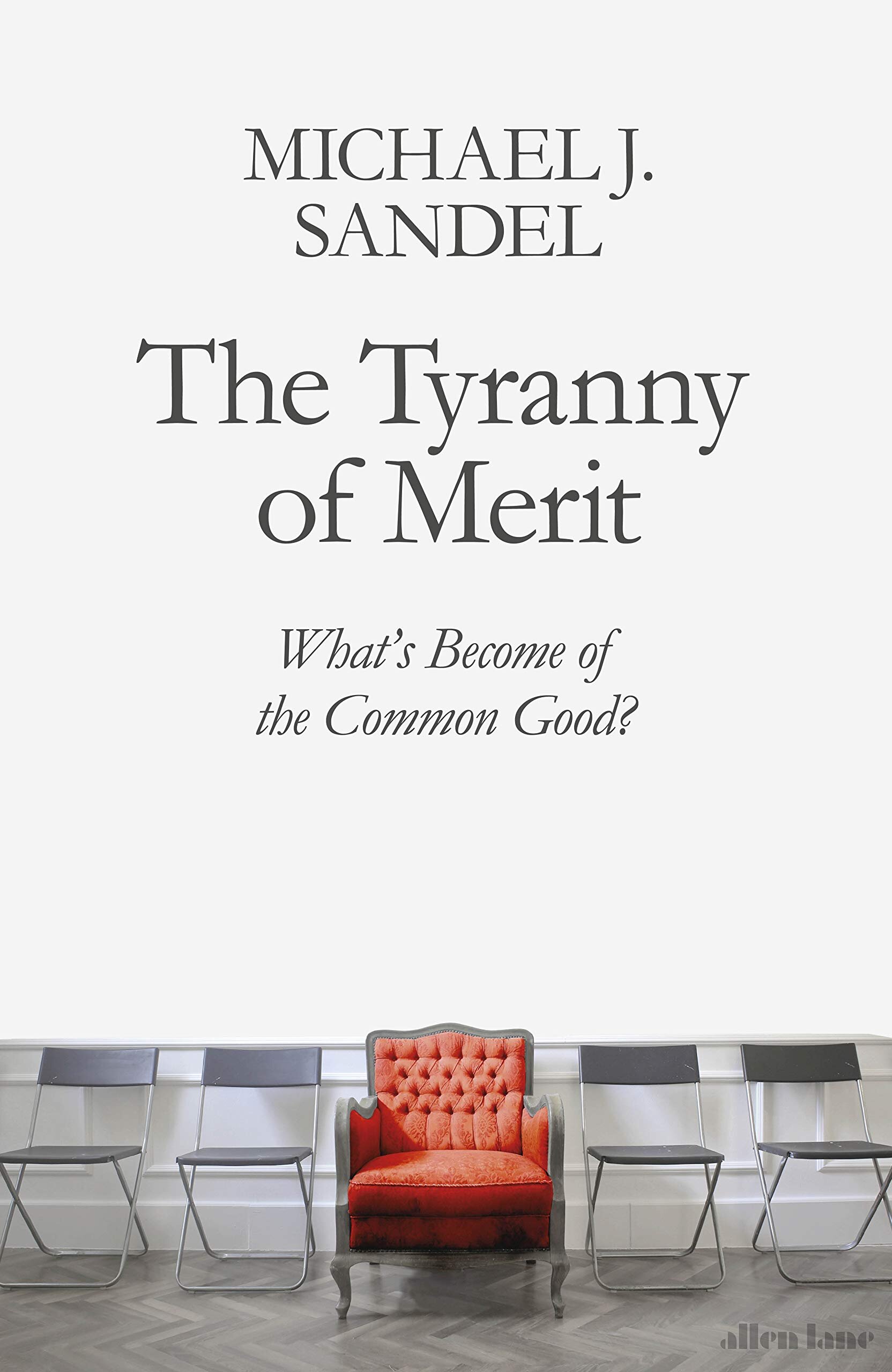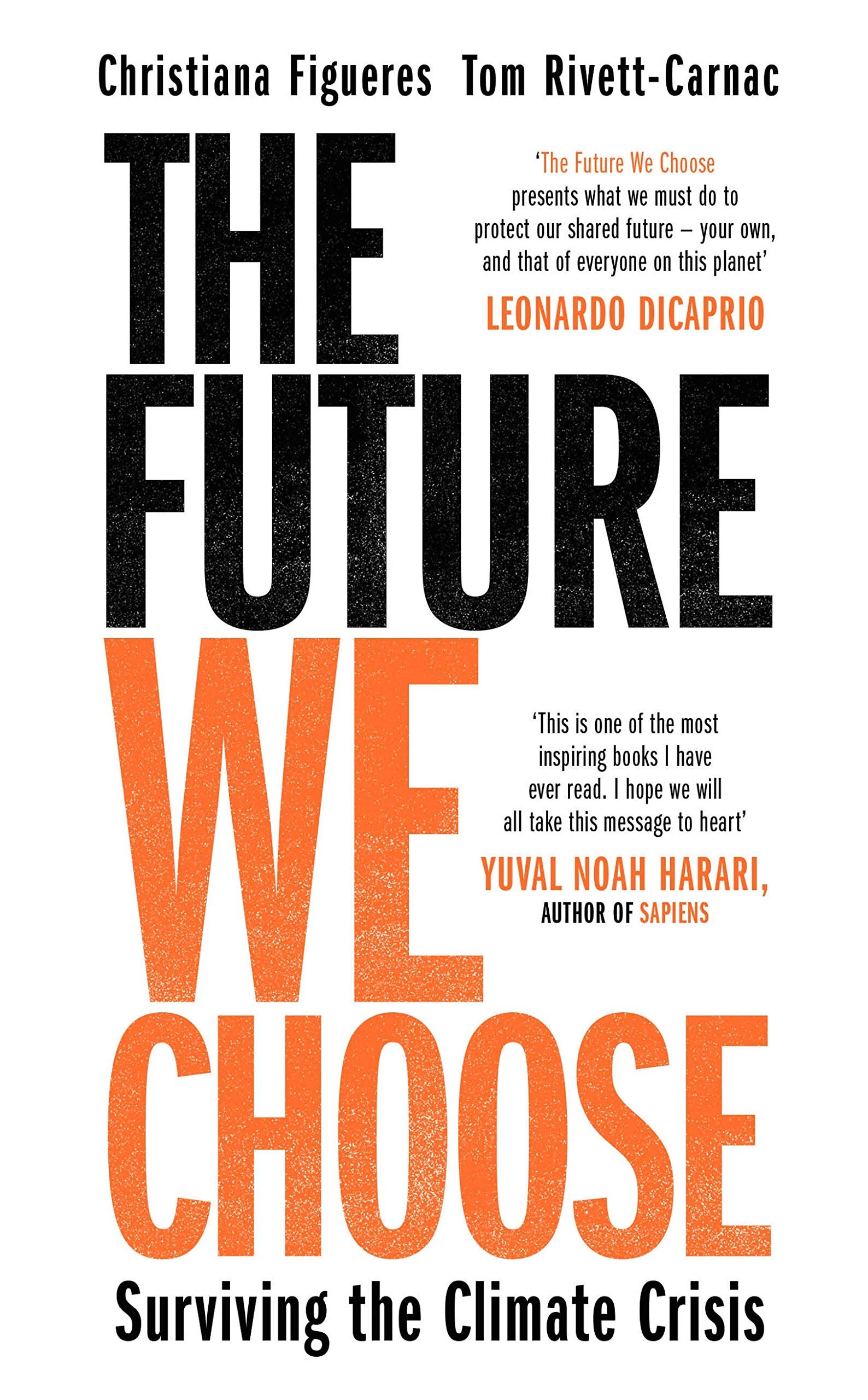We asked the CGC team - our Steering Committee members, Advisors, and others in the CGC orbit - what books they had been reading in 2020 that they would recommend? Here are some of their answers:
The Good Ancestor: How To Think Long Term In A Short-Term World
Roman Krznaric’s book on long-term thinking is easy to read and full of both insight and illustrative examples. It considers the need for humanity to expand our time horizons in order to really ensure we are ready for global challenges. Krznaric’s incorporates smart infographics, charts, and a clean structure as he considers concepts such as Deep Time Humility, Intergenerational Justice, Legacy Mindset, Cathedral Thinking, and more. Anyone dealing with climate, sustainability, existential risk, or complex global challenges will appreciate the examples and framing found in this book. Check out the great book trailer animation below:
The Ministry for The Future
Kim Stanley Robinson, famous for his deep time and ‘climate aware’ novels such as Aurora, Mars Trilogy and New York 2140, paints a vivid portrait of a near-future wracked by many of the climate issues we are only just beginning to face: - geoengineering, eco-terrorism, carbon capture, green finance, the immense difficulty of whole-system change, and the looming and ugly politics of climate change. The opening chapter alone is utterly powerful, depicting the crisis of a “wet-bulb” heatwave (unsurvivable without air-conditioning) that wipes out an entire Indian town (and 20million people more widely) within days. Robinson yet again issues a warning in book form. See Robinson talk about the book for the Rutgers Institute of Earth, Ocean, and Atmospheric Sciences below:
The Future We Choose: Surviving The Climate Crisis
Any climate book co-written by the Executive Secretary of the UNFCCC is going to be influential. This one is a comprehensive and sweeping update to where we are on the climate crisis and where we must go. Figuerres and Rivett-Carnac examine the divergence between the world we are creating and the one we should be creating; the mindsets that hinder / help us; and a present a media friendly “Ten Actions” that involve letting go, facing grief, truth, technology and more. One of the most important climate books of the year!
The Survivors - A Story of War, Inheritance, and Healing
Written by one of Obama’s former speechwriters, The Survivors deals with war and the Holocaust, healing and family legacy. A compelling multi-generational memoir with a slow-burn pacing.
Trade Wars are Class Wars: How Rising Inequality Distorts the Global Economy and Threatens International Peace
Internally at CGC, a recurring topic is whether or not the USA and the P.R.C. can avoid the so-called “Thucydides Trap”. With tensions rising, suggestions of how a clash can be avoided are few and far between. After decades of worsening global trade imbalances that have led to international tension, trade friction, animosity, boycotts and more; the authors describe a cohesive picture of how domestic policies and economic conditions have led to this slow-moving international crisis. Pettis and Klein explain why so much understanding is flawed. A great read that builds on Pettis’ previous work “The Great Rebalancing”. See Adam Tooze in conversation with Klein and Pettis in the video below:
GDP: A BRIEF BUT AFFECTIONATE HISTORY
Professor Diane Coyle’s critical history of GDP is packed full of insights into what GDP measurements can and can’t do, the importance of understanding the limitations of GDP accounting methodology, and what we need to measure in addition in order to ensure that economic activity becomes sustainable, more fair, and healthier.
CGC interviewed Diane Coyle in January 2021 as part of our “FramingTheFuture” series that digs into what we should do differently after the Covid Crisis has passed. Keep an eye out for this video series soon!
Radical Uncertainty: Decision-making for an unknowable future
John Kay and Mervyn King’s book is a comprehensive consideration of decision-making and the often misunderstood probabilities, statistics, data, economics, modelling, theories of behavioural economics, and biases that underpin much of it. Sweeping from government level, down to individual gamblers, through businesses, space agencies, legal cases, and Shakespeare; the book draws on a wealth of fascinating examples that illustrate the authors’ concerns with so much of our decision-making.
Humankind: A Hopeful History
It’s been a tumultuous last few years for the world and many of us have been involved in deep discussions - often worrying about worst-case doomsday scenarios. It’s important to keep worrying about existential, catastrophic, and other threats and problems, and to acknowledge that there are many challenges we all face as global citizens. However, hope for a better future also needs to be prioritised. This book by Rutger Bregman helps us to remember the importance of Hope - especially in inspiring people to make positive changes and to take action.
The Tyranny of Merit: What’s Become Of The Common Good?
Michael Sandel takes a compassionate look at the many downsides of the idea of “meritocracy”, including the inaccurate moral conclusions often drawn about success and failure; the religious implications often drawn from this; the entrenchment of elites through money, educational access, and parenting; and the resentment & polarisation that results from meritocratic societies. Given that most countries, whether run by democratic governance or authoritarian systems, both claim “meritocratic” credentials and are seeing rocketing inequality and discontent, this book is a refreshingly honest look at some these norms.



